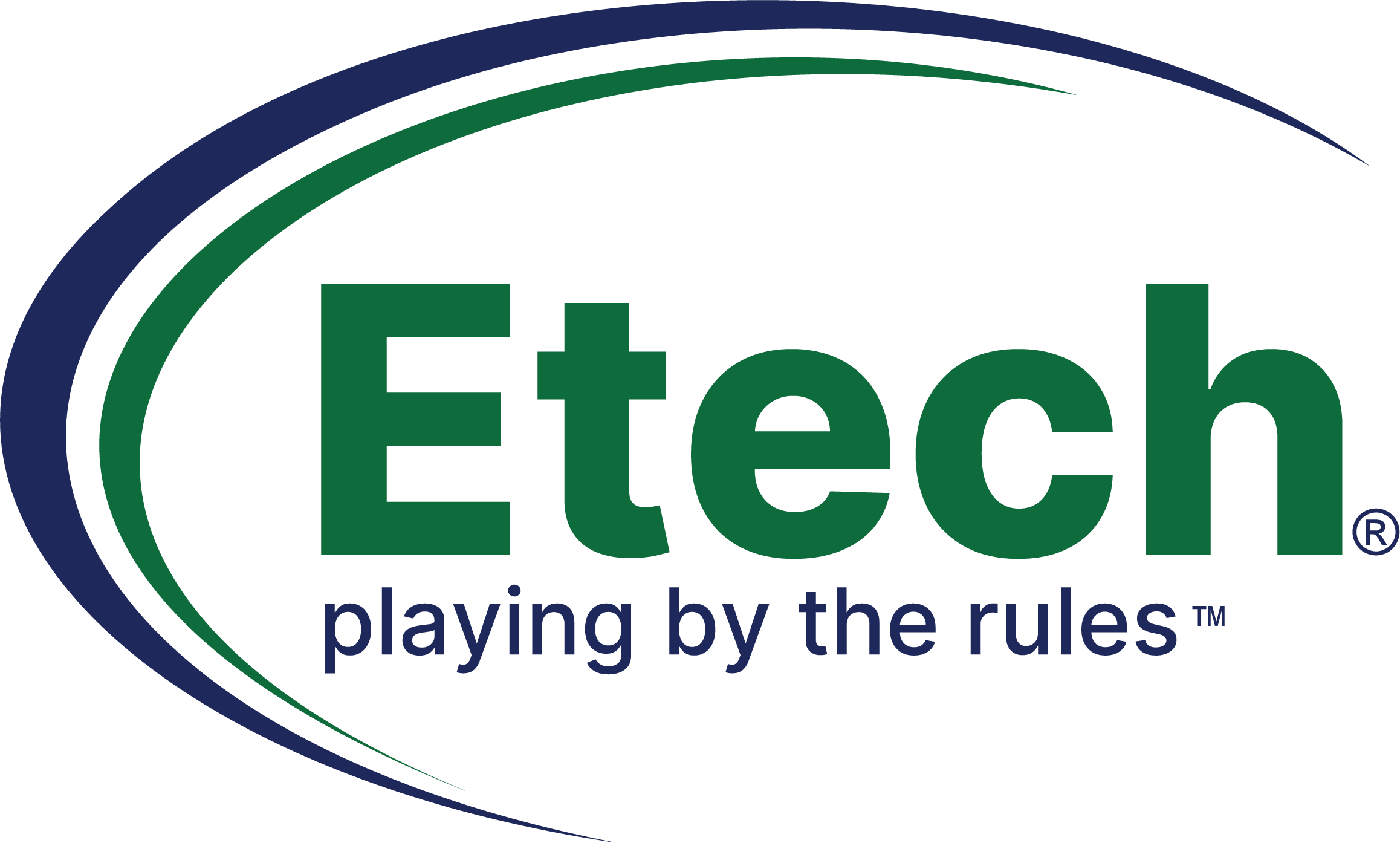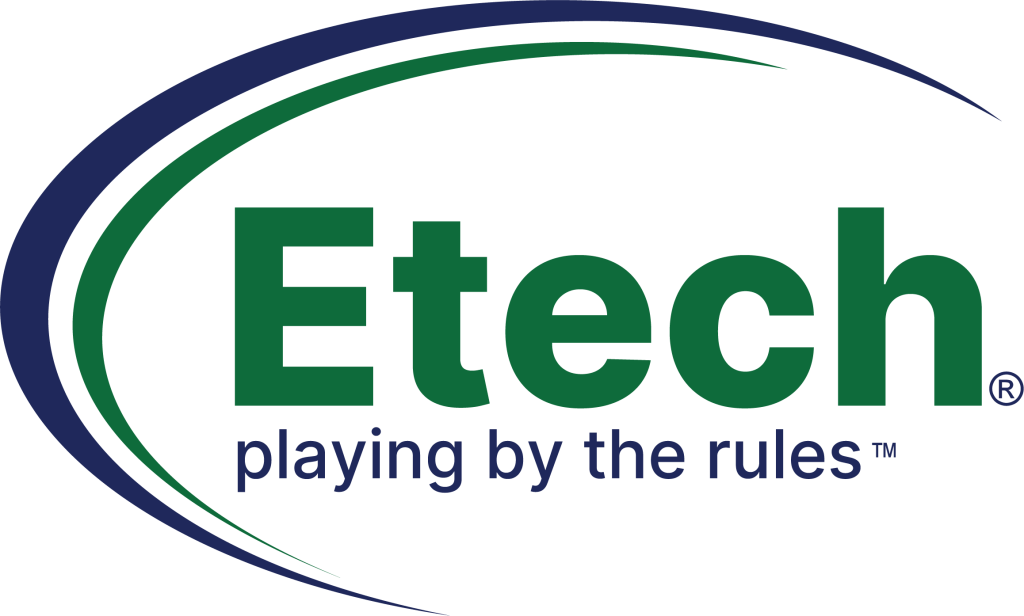AI in Call Centers: Boosting Agent Performance and Customer Satisfaction

Call centers are experiencing a remarkable transformation, and artificial intelligence is at the heart of this evolution. Far from replacing human agents, AI is becoming their most powerful ally, enhancing capabilities and creating better experiences for everyone involved. The result? A win-win scenario where agent performance soars and customer satisfaction reaches new heights.
The Smart Support System Agents Need
Modern AI tools function as intelligent assistants that work alongside human agents, not against them. Real-time coaching systems analyze conversations as they happen, providing agents with instant suggestions and relevant information. When a customer mentions a specific product issue, AI can immediately surface troubleshooting steps, warranty information, or even similar cases that were successfully resolved.
This instant access to knowledge eliminates the frustrating moments where agents put customers on hold to research solutions. Instead, agents can confidently address concerns while maintaining natural conversation flow, creating smoother interactions that leave customers feeling heard and helped.
Predictive Intelligence That Prevents Problems
AI’s ability to analyze patterns and predict outcomes is revolutionizing how call centers operate. By examining historical data, customer behavior, and interaction trends, AI systems can anticipate issues before they escalate. This means agents can proactively reach out to customers who might be experiencing problems, turning potential complaints into positive service experiences.
For example, if AI detects customers who purchased a specific product three months ago, the system can trigger proactive outreach with helpful resources. This preventive approach not only reduces incoming call volume but also demonstrates genuine care for customer success.
Enhanced Training and Development
AI-powered analytics transform agent training from guesswork into precision coaching. By analyzing call recordings and identifying successful resolution patterns, AI can pinpoint exactly what separates top performers from struggling agents. This data-driven approach enables managers to provide targeted coaching that addresses specific skill gaps.
Speech analytics can detect when agents use effective de-escalation techniques or miss opportunities to upsell, creating personalized development plans that accelerate improvement. New agents benefit from AI-generated insights about common scenarios, while experienced agents can refine their approach based on data-backed feedback.
Streamlined Workflows and Reduced Burnout
One of AI’s greatest contributions is handling the mundane tasks that drain agent energy and enthusiasm. Automated call logging, data entry, and routine follow-up tasks free agents to focus on what humans do best: building relationships and solving complex problems.
Smart routing systems ensure customers reach the right agent immediately, reducing frustrating transfers and improving first-call resolution rates. When agents spend more time helping customers and less time navigating systems, job satisfaction increases significantly, leading to lower turnover and higher performance.
Real-Time Customer Insights
AI provides agents with comprehensive customer profiles that include interaction history, preferences, and potential concerns before the conversation even begins. This preparation enables personalized service that makes customers feel valued and understood from the first moment of contact.
Sentiment analysis helps agents gauge customer emotions and adjust their approach accordingly. If AI detects rising frustration levels, it can alert the agent to switch to a more empathetic tone or suggest escalation to a supervisor before the situation deteriorates.
The Future of Human-AI Collaboration
The most successful call centers are those that view AI as a force multiplier for human talent. While machines excel at data processing and pattern recognition, humans provide empathy, creativity, and complex problem-solving skills that customers truly value.
This collaborative approach creates an environment where agents feel empowered rather than threatened by technology. They become more effective problem-solvers, more confident in their interactions, and more satisfied with their work. The result is a positive cycle: engaged agents provide better service, leading to happier customers and stronger business results.
Ready to revolutionize your call center operations?
Discover how Etech’s AI-powered solutions can transform your agent performance and customer satisfaction scores.
Schedule a consultation today and see how the perfect blend of human expertise and artificial intelligence can take your customer service to the next level.


